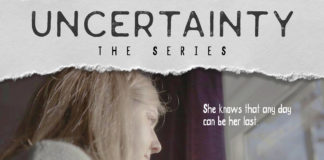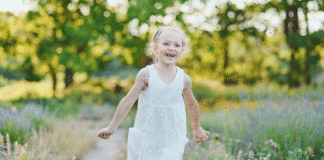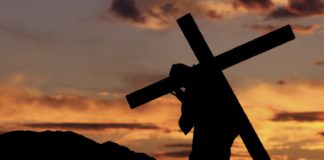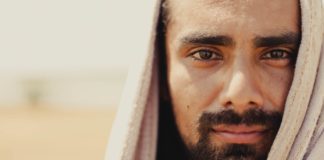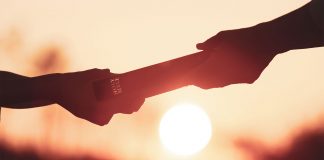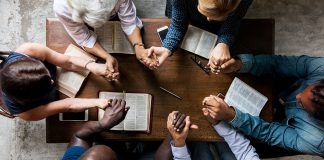Into the wilderness with God
This year marks the 58th anniversary of Time magazine's controversial cover question: Is God Dead?
“Uncertainty: the series.” First episode of the international documentary online today
Live every day like it is your our last! Many use these phrase as a prop for their riskiest decision, or simply to justify a recklessly extravagant lifestyle. But what would our lives look like if we were to really live each day fully aware that it might be our last?
Why do bad things happen to good people?
The question in the title is a protest which expresses a fair amount of suspicion towards God. It is a barely concealed condemnation of God and His actions, the strange rebellion of a world that sees itself as morally superior to God. People forget Scripture's words in the book of Job: Beware lest wrath entice you into scoffing (Job 36:18, RSV).
Where do we get the Light from?
Let the one who walks in the dark, who has no light, trust in the name of the Lord and rely on their God. – Isaiah 50:10
Is faith reasonable?
Science and faith, as important tools in the knowledge process, are often perceived to be in a tense relationship with each other, because of the fundamentally different worldviews that characterize them. The implications for life’s big questions are obvious—and sufficient to rob someone of the comfort of indifference towards such high-stakes conclusions.
How authentic is my life?
When one pays attention to the finer details, any life story can be interesting. When you go into detail, any common or mediocre story that could have been summed up in only a few words, becomes a confession. I realise that my own story is no exception, although it has often seemed to me that I live a banal and predictable life.
Insomnia and God’s bird
Carolynn Yakush inherited her taste for the good life from her Czech grandparents, and her interest in faith from her mother and the Christian schools she went to. For many years, the desire for money and a life of luxury overshadowed her spiritual and religious concerns. One day, almost without thinking about it, she entered a church again, and was amazed at the...
God is love and that makes us eligible, as imperfect as we may be
We have trouble understanding and accepting the image of a loving God, as we have grown too familiar with the type of love that offers itself only when it finds in a person the qualities that make them easy to love.
Turning our backs on Infinity
It is known that many Jews, some even contemporaries of Jesus, claimed to be the expected Messiah. Of these, only Jesus of Nazareth is the name that has endured over time. Still, too few of His contemporaries[1] recognized and accepted Him as the Messiah, and this reality raises a question: why was Jesus rejected?
COVID-19: What have we learned about ourselves?
Courage is not the opposite of fear, nor of caution. True courage is what you do right in the midst of fear.
Is Jesus the only way to God?
This seemingly innocent question has probably caused more unrest in the last 2000 years than any other. It is, in fact, an echo of the concern of the ancient Jews to determine whether or not Israel was God's only people on earth. It also represents the echo of history that has witnessed wars born of the desire to legitimise a supreme deity.
The perfect Christmas present
Doing things the way you've always done them is the most convenient choice. I realized this on the eve of my birthday, when it became clear to me that snowballing into the same pattern of celebrations begins to gradually, but surely, lose its flavour.
I am not a sinner
I grew up in a small town called Utsunomiya, three hours away from Tokyo. When I was a child, I was certain that there was a God and that He loved me. Then I grew up and began to wonder, “If there is a good God, why is there so much suffering in the world? Why do innocent children die? Why is the...
Jesus was born today… But why?
Sometimes we are so absorbed in our beautiful Christmas traditions that we don't even realize that our love for them makes them ugly.
What does Philadelphia look like and where can we find it?
“Go instead to my brothers and tell them, ‘I am ascending to my Father and your Father, to my God and your God’” (John 20:17).













